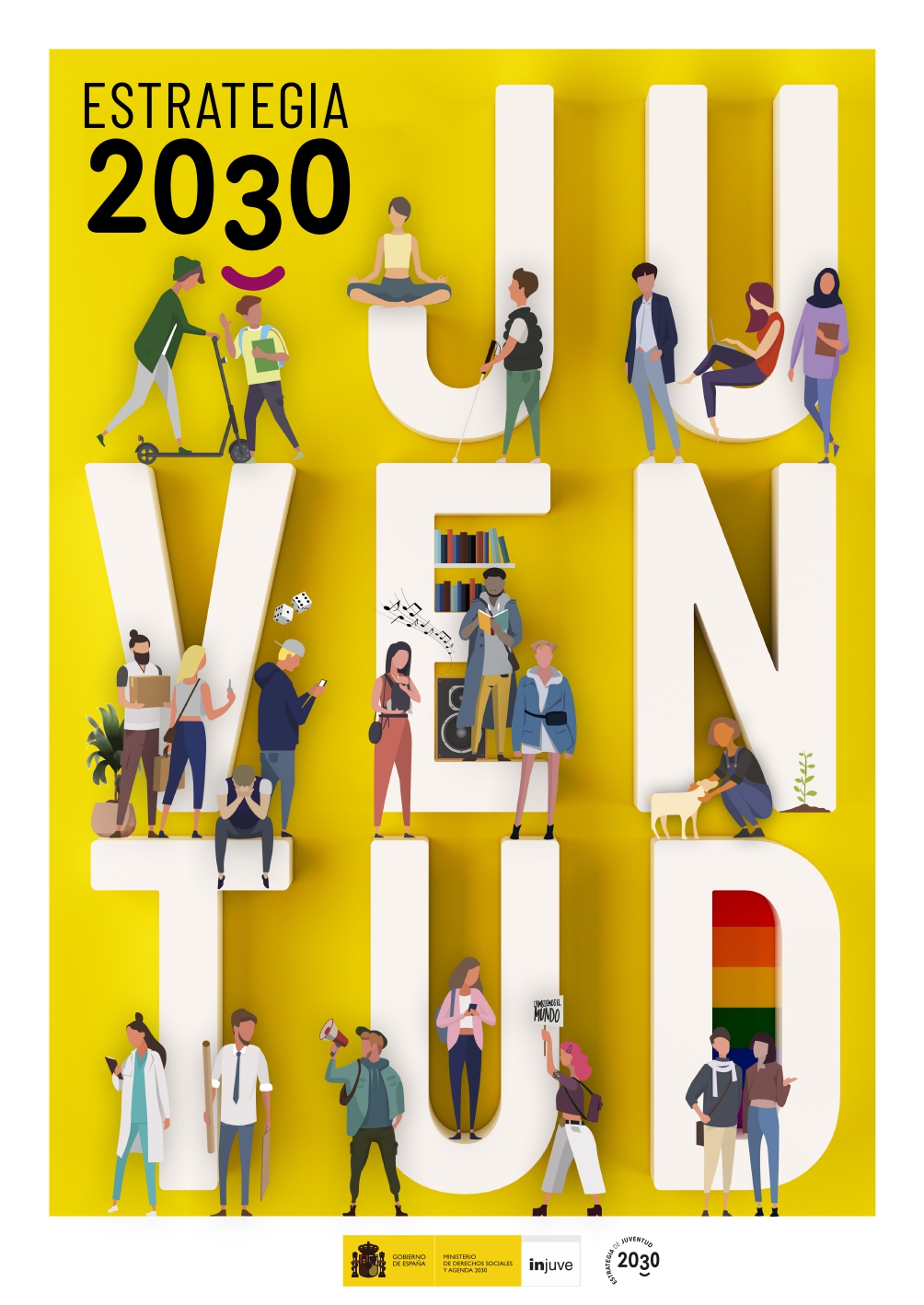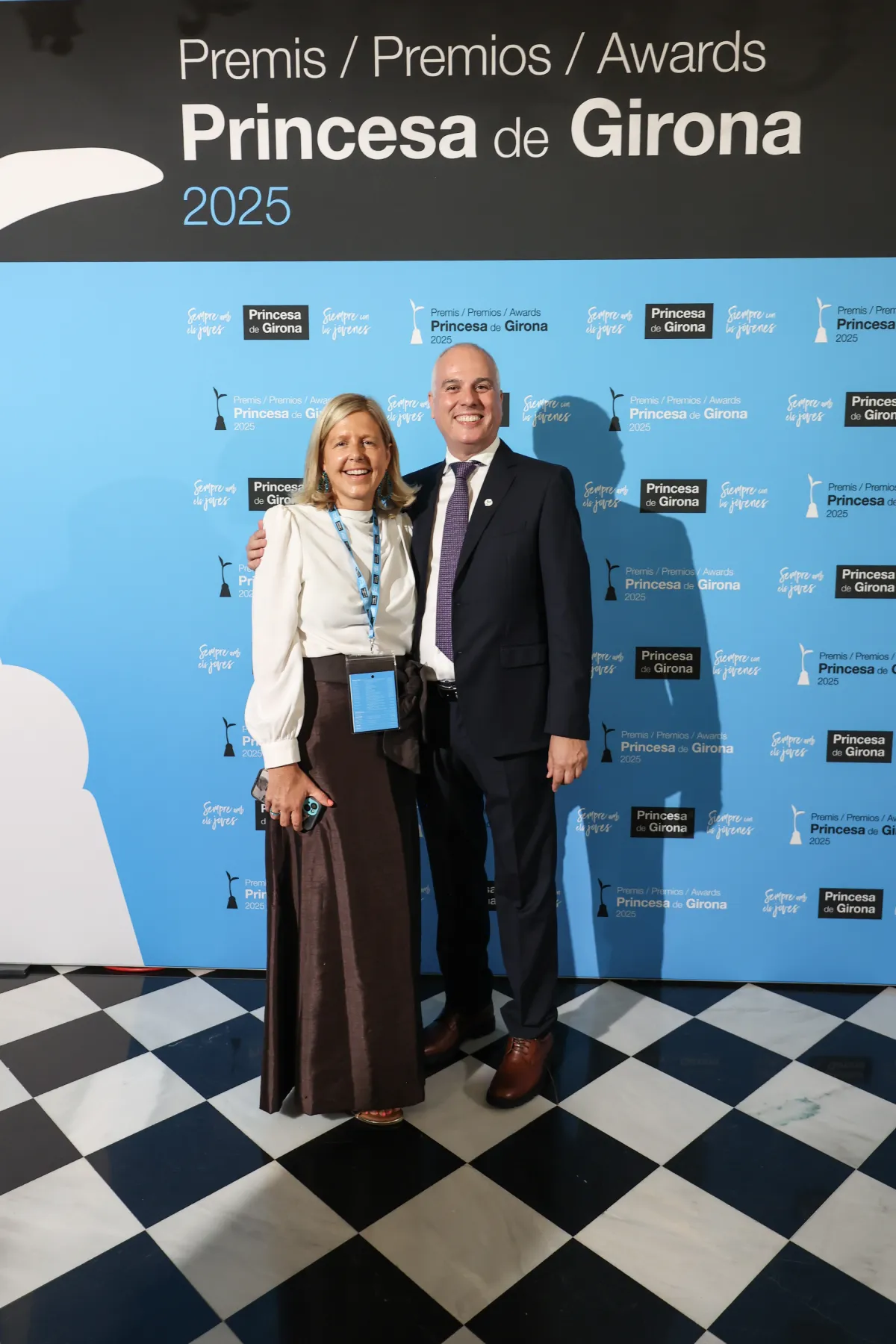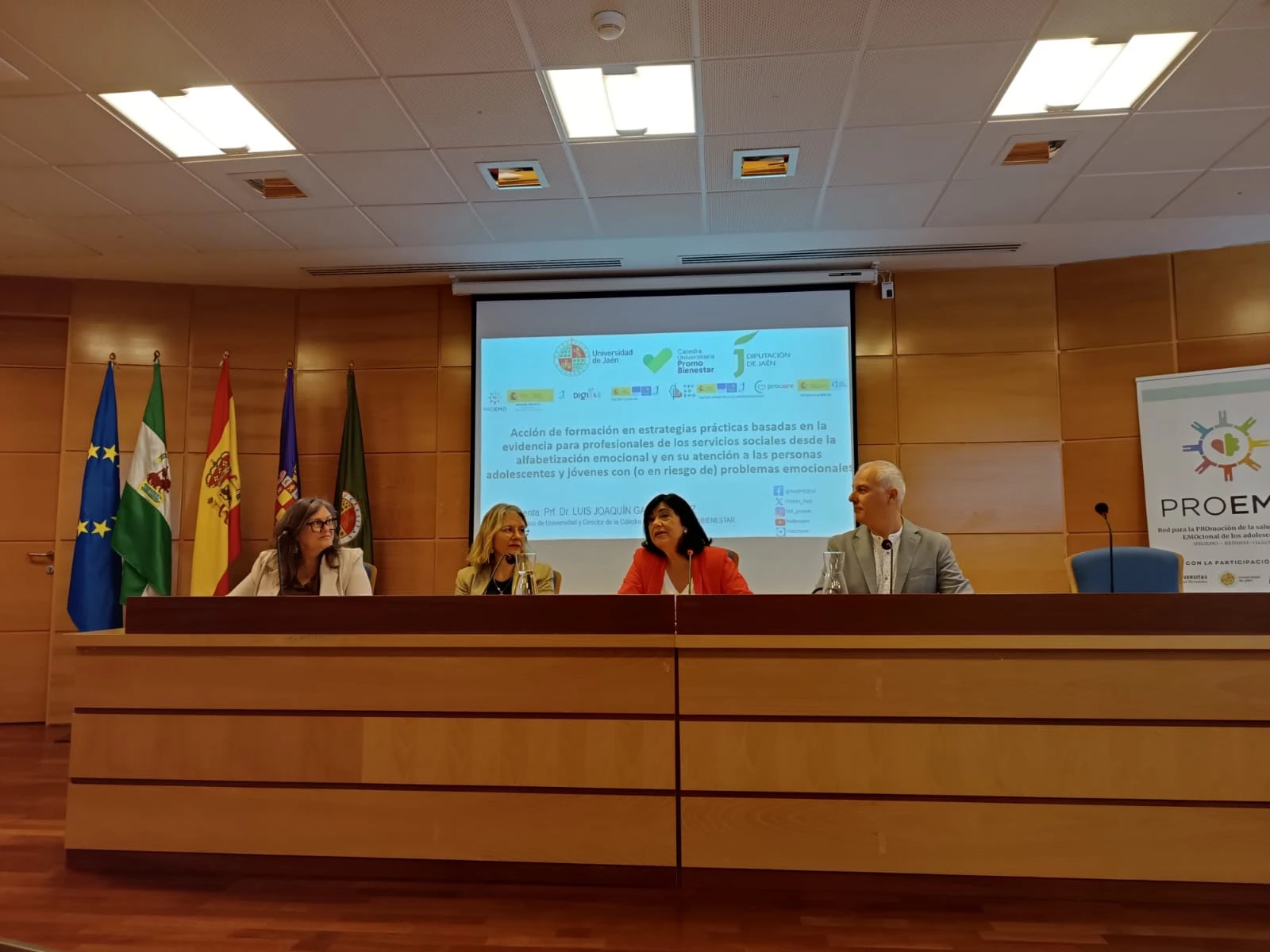Luis Joaquín García, professor at the University of Jaén and main responsible for the initiatives of mental health promotion in young people DAREMOS and PROCARE, has been part of the group of experts in charge of elaborating the actions of the axis on integral health and quality of life of this document.
25/5/2022.- The Spanish Youth Institute (INJUVE) of the Ministry of Social Rights and Agenda 2030 presented the Youth Strategy 2030, which proposes a new agreement for young people to have better healthcare and public education, decent jobs and housing for emancipation.
The presentation ceremony was chaired by the Minister for Social Rights and Agenda 2030, Ione Belarra, who, among other things, emphasized the young people who have broken the taboo on mental health problems. “Thank you for putting the issue of mental health at the center. Without your voices and your courage, problems such as anxiety, depression, eating disorders, obsessive-compulsive disorders or schizophrenia would continue to be part of the darkness that no one wants to look at,” she said.
For her part, the Director General of INJUVE, Mª Teresa Pérez, stressed that the Strategy proposes incorporating psychologists in the educational field, in a similar way to the employment counselor, so that they can attend to mental health problems from “close and safe” spaces.
The Youth Strategy 2030 is made up of 12 thematic axes that propose better healthcare and better public and quality education, decent employment and housing for emancipation. One of them deals with comprehensive health and quality of life, with the aim of guaranteeing young people the right to health, through access to health services adapted to their needs, comprehensive care for mental health problems, the promotion of healthy lifestyles and affective-sexual autonomy.
Luis Joaquín García, professor at the University of Jaén and main responsible for the initiatives to promote mental health in young people, DAREMOS and PROCARE, has been part of the group of experts selected by INJUVE in the thematic working commissions in charge of drafting the document. Regarding the result of the strategy, Luis Joaquín García highlights “the need for the administrations to prioritize the implementation of plans that address mental health, particularly among young people, both at the level of primary prevention and intervention in the face of clinical problems”. At the same time, it stresses what the Minister and the Director of INJUVE indicated in the presentation and insists on “the importance of training teachers and health personnel so that they can identify young people with emotional problems, or at risk of suffering from them”.
In this sense, this axis aims to guarantee the health and mental wellbeing of young people, prevent mental problems, suicidal behavior and self-harm, end the stigmatization of mental health problems or prevent drug use and addictions among the young population, among other priority objectives.
Together with Luis Joaquín García, representatives of Doctors for the World, the Spanish League of Education and Popular Culture, the Queen Sofia Center on Adolescence and Youth, the Foundation for Health Education (FUNDADEPS), the Foundation for Help against Drug Addiction (FAD) and FRESNO participated.






